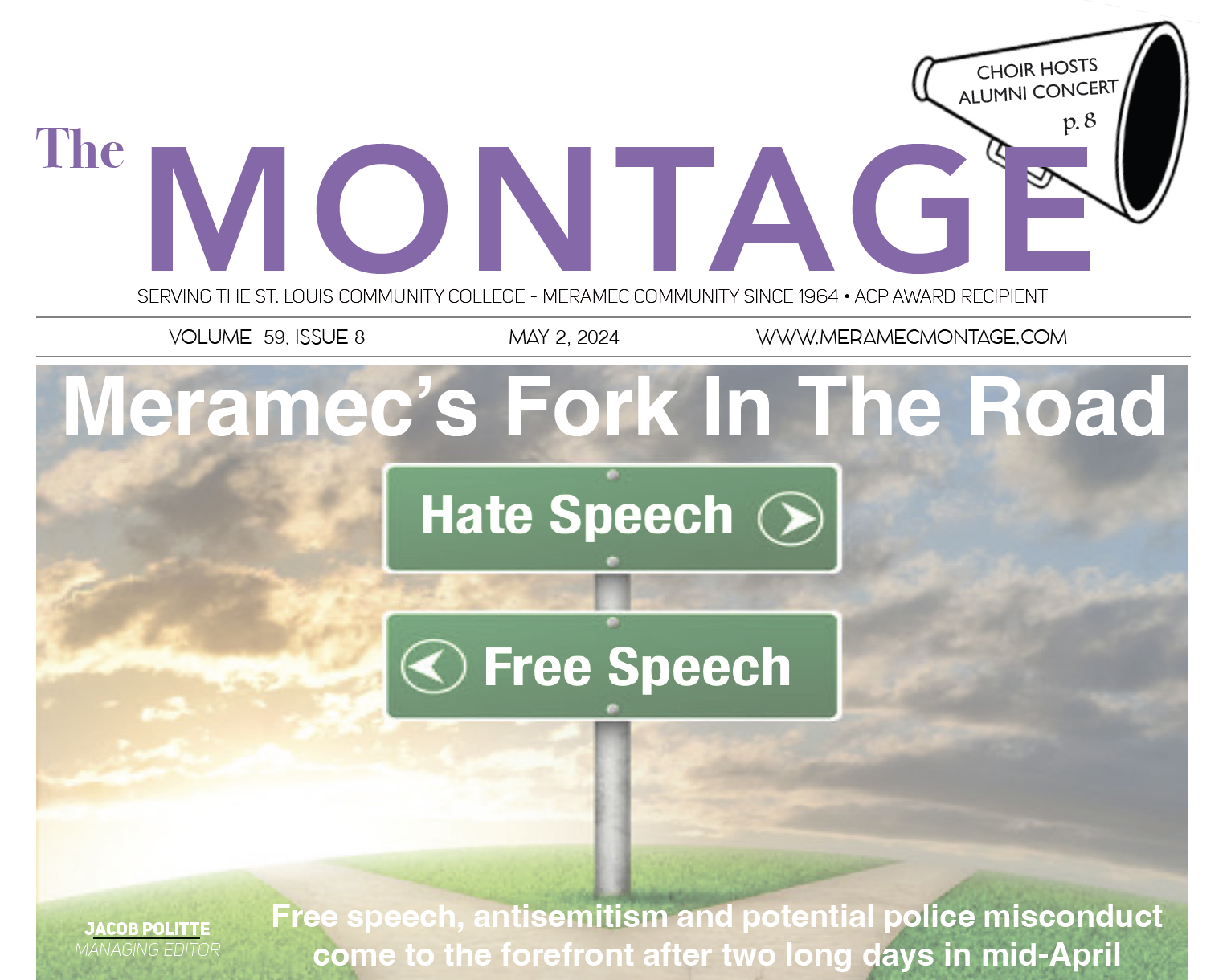An online example of a online policy for breaking news:
“Sioux City Journal online breaking news policy
Introduction
The Sioux City Journal will be the first and best in reporting local news online. Being “first” means reporting factual information as quickly as possible, even if all the facts of the news event are not yet fully known and even if it does not always go through the same rigorous editing process we utilize for print. Being “best” means reporting quality breaking news that is consistent with our organization’s ethics and reinforces our reputation as the most credible source of news in our community. We will be transparent with our readers, posting this policy in a prominent spot on our Web site and providing a link to the policy with every breaking news post.
Organizational ethics
We subscribe to the belief that ethical reporting is paramount as well as the Society of Professional Journalists’ Code of Ethics (http://www.spj.org/ethicscode) and Poynter Institute director of ethics Bob Steele’s “Guiding Principles for the Journalist (http://www.poynter.org/column.asp?id=36&aid=4349). Newsroom staff will familiarize itself with these documents.
Defining breaking news
Breaking news is any new information that a large number of people want or need to know as long as such reports do not violate our organizational ethics (see description above).
Posting breaking news
Breaking news can be created and posted by anyone in the newsroom. Sensitive breaking news should be reviewed by at least one newsroom manager before it is posted. Journalists should seek guidance on any breaking news that requires the approval of a supervising editor or the Journal editor. (See below.)
Going live with news
The Journal is committed to live news coverage through a variety of coverage methods. Any live news coverage housed at siouxcityjournal.com must be approved by the Editor, City Editor or Online Editor. Live coverage via Twitter should adhere to the same policies and procedures outlined in the rest of this policy.
Live blog: A live blog may be launched for significant live news events. Examples include severe weather, major sporting events, trial verdicts, high-interest public meetings and campaign events. Only the Editor, City Editor or Online Editor can approve the creation of a live news blog.
Live video: The online and watchdog teams have access to technology that enables live video from a news event. Only the Editor, City Editor and Online Editor can approve the launch of live video from a news event. Live video content should adhere to the Journal’s online breaking news ethics policy.
Twitter: Any journalists with an SCJ Twitter account can make a decision to live tweet a news event. The Editor, City Editor and/or Online Editor should be notified before live coverage commences. Live coverage via social media should adhere to the Journal’s online breaking news ethics policy.
Acceptable sources
A breaking news story cannot be posted without the presence of at least one clearly identified official source, unless otherwise approved by the Journal editor, city editor or online editor. Acceptable sources include anyone with authoritative, firsthand knowledge of the situation or public officials and/or other traditional print media sources who have been given authority to communicate with the media on the subject.
Anonymous sources will not be used unless they pass traditional print criteria AND are approved by the Journal editor, city editor or online editor.
Scanner traffic will not be used as the only source for a breaking news update unless outstanding circumstances are present. The use of scanner traffic as a single source must be approved by the Journal editor, city editor or online editor.
We will consider using information gathered from readers including video and photos of breaking news events. We will strive to independently verify such information, including information gathered via social media sites, before posting, especially information that is sensitive in nature. The Journal editor, city editor or online editor must approve any content before it is posted.
Social media
Newsroom staff will post breaking news updates in a variety of settings, including social media sites like Facebook, MySpace and Twitter. The standards for posting news in these settings will be the same as the standards for posting news to our organization’s Web site(s). We will use social media to responsibly gather information (see guidelines above).
Corrections/clarifications
We will correct or clarify information in breaking news stories as quickly as possible. (Consult with an editor immediately if we suspect a post has inaccurate information.) We will be transparent about those corrections or clarifications. If we got something wrong, we will let our readers know. If the facts change, we will tell our readers what has happened and how these facts differ from our original reporting. We will be vigilant about making those corrections and/or clarifications, even if the facts change hours or days after the original report. Readers can report errors of fact or requests for clarifications by sending an e-mail to frontdoor@siouxcityjournal.com or by calling 712-293-4222.
Live corrections/editing
Live coverage carries its own inherent risks. Live blogs, especially those being simultaneously fed by Twitter, must be monitored by an editor or assigned journalist. Any content that doesn’t adhere to the Journal’s online breaking news ethics policy must be removed at once.
Live video may be edited and/or removed after the event if material in violation of the Journal’s online breaking news ethics policy is inadvertently captured on film. We will be transparent with readers about why we are removing or editing that archived footage. Readers can request footage be edited or removed by sending an e-mail to frontdoor@siouxcityjournal.com or by calling 712-293-4222.”
Source: Sioux City Journal











